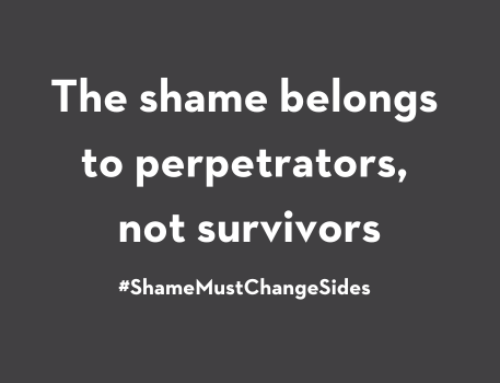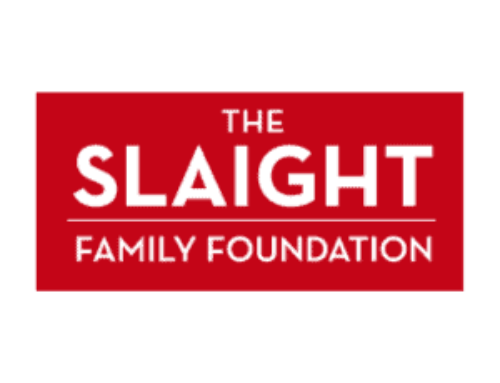
The Canadian Women’s Foundation invests in Teen Healthy Relationships programs as part of our violence prevention grants. When these programs apply for funding, the Foundation asks them for an inclusion and diversity policy.
“Our programs are really careful to talk about relationships in multiple ways, and they have multiple images,” says Anuradha Dugal, director of violence prevention programs at the Canadian Women’s Foundation.
For instance, at the Victoria Sexual Assault Centre, youth participants introduce themselves and tell their workshop group which pronoun they’d like to be addressed by. Since asking LGBTQ youth to identify themselves in a group setting can put them in danger, the idea is to give them the option to be out among their peers, and not pressure them to do so.
While LGBTQ youth face the same hurdles their peers face in adolescence, they also experience societal biases that make it difficult for them to talk openly about their sexuality or find answers about how to have safe sex. And when adults talk about what a ‘good’ relationship looks like, they often reinforce a gender binary.
“There has to be a change in understanding gender in relationships, to not make assumptions and assume your child will have the same relationships you have,” Dugal says. “It’s really important to be open in language – if you constantly say to your son, ‘When you grow up and have a girlfriend or wife’, you’re giving him the impression that one kind of romantic relationship is the only option. Whereas if you say, ‘when you grow up and have a partner or relationship’, then you’re leaving it open to them. It’s important to include images that are diverse, to teach about judgment and why it’s important to understand where people are coming from.”
The foundation recently hosted a panel discussion on teen healthy relationships, attended by grantees, donors and committee members. We asked two expert panelists, Shequita Thompson from Metrac’s Respect in Action (ReAct) program and Debbie Chiodo from the Fourth R program, about unique barriers faced by LGBTQ youth such as greater risk of social isolation, non-acceptance, and suicide.
Watch the video of their responses below.







